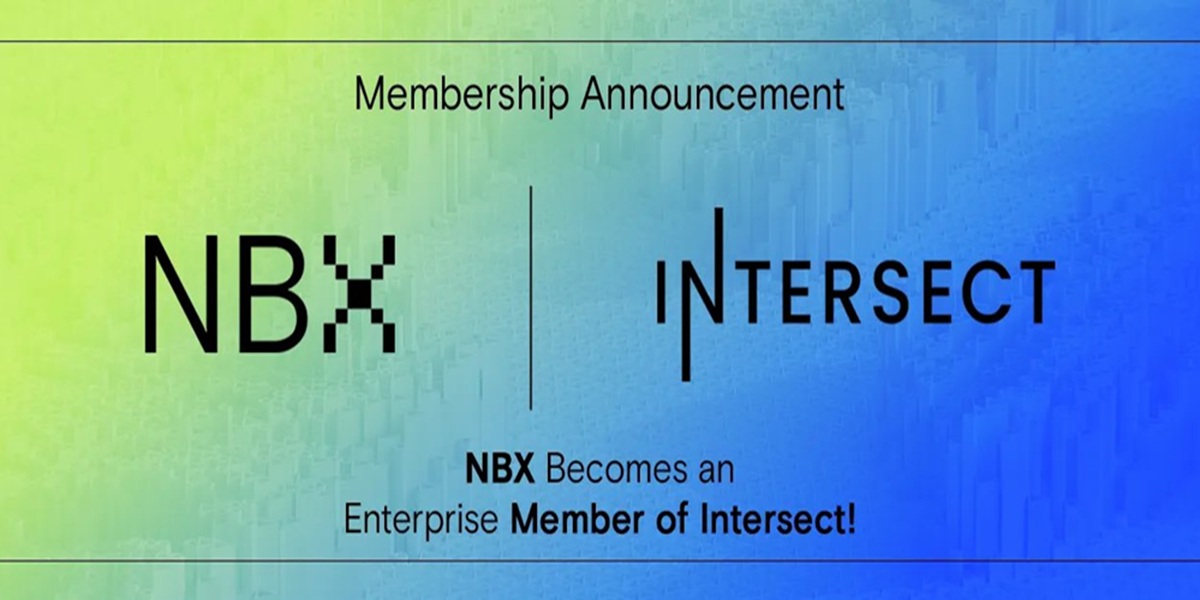The term "fiat money" refers to a type of currency that has value solely because a government or authority declares it to be legal tender. Fiat money does not have intrinsic value, meaning it is not backed by a physical commodity like gold or silver.
The value of fiat money is based on the trust and confidence that people have in the issuing government and the stability of the economic system. It is essentially a form of representative money, where the currency represents the value it holds, but it is not directly convertible into a physical asset.
Fiat money is widely used around the world as the primary medium of exchange for goods and services. Governments have the authority to control and regulate the supply of fiat money, typically through central banks, by adjusting interest rates, implementing monetary policies, or printing additional currency.
One of the key features of fiat money is its fungibility, meaning that each unit of currency is considered interchangeable and of equal value. This allows for the smooth flow of transactions and the establishment of a standardized pricing system.
However, the value of fiat money can be subject to inflation, deflation, or fluctuations in the foreign exchange market. Factors such as government policies, economic stability, and public confidence play significant roles in determining the value and acceptance of fiat currencies.
The term "fiat" is derived from the Latin word "fiat," which means "let it be done" or "it shall be." This reflects the authority and power of the government to establish and enforce the use of fiat money within a particular jurisdiction.
The article does not constitute financial advice.


